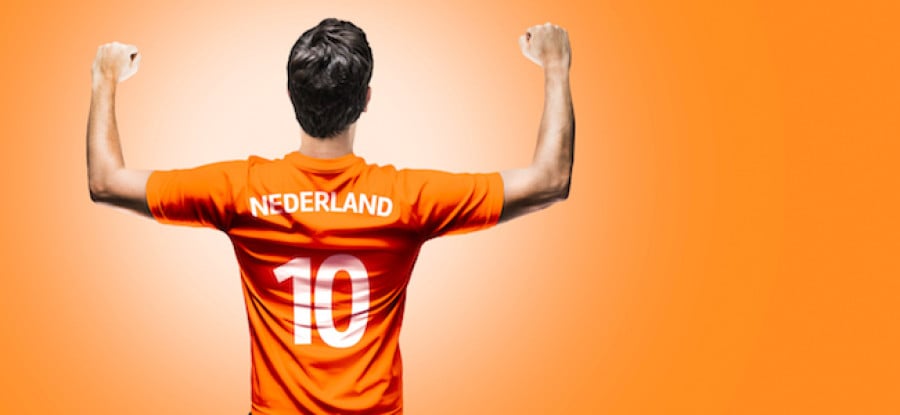How football Intermediaries are regulated in the Netherlands: The role of ProAgent

It is often quipped that two things in life are certain – death and taxes. But at the height of the summer transfer window, perhaps a third certainty could be nominated – consternation about the activity of player agents, or "intermediaries" as they have been deemed since 1 April 2015 pursuant to the expanded definition in FIFA’s Regulations on Working With Intermediaries (Regulations)1.
This concerns range from the predictable scrutiny over remuneration,2 to the more nascent question of how deep and pervasive intermediary influence can be at one particular club3. The fall out from the Neymar deal also seems likely to intensify scrutiny on issues intertwined with intermediary regulation, not the least of which is third party ownership.4 Despite being ostensibly banned questions persist about enforcement,5 and the increasingly inventive ways that are being devised to work around the rules.6
The debates on intermediary activity often disguise the bigger picture of how to address the regulatory problems posed by third party representation and what the manner and form of a good governance based approach to such regulation may be. Certainly, serious questions have been raised about the efficacy of the Regulations (aspects of which are revisited later in this article), particularly in terms of how FIFA’s controversial new regulatory approach dispensed with various quality control mechanisms7.
This article explains the recent developments in the Netherlands on Intermediary regulation, which have been arrived at as a product of collaboration between the league (KNVB), clubs (FBO), players’ unions (VVCS and ProProf), and an Intermediary association (ProAgent). It also addresses the wider potential benefits of such a model being implemented across Europe. Specifically, it examines:
-
The Dutch certification system for Intermediaries, and the role of “ProAgent”, the collective representative body;
-
How the certification system has been received: strengths and weaknesses;
-
European implications and the need for broader reform.
To continue reading or watching login or register here
Already a member? Sign in
Get access to all of the expert analysis and commentary at LawInSport including articles, webinars, conference videos and podcast transcripts. Find out more here.
- Tags: European Football Agents Association (EFAA) | European Union | FIFA | FIFPro | Football | Holland | Intermediaries | KNVB | Netherlands | ProAgent | Regulations on Working with Intermediaries
Related Articles
- FIFA’s new Regulations on Working with Intermediaries explained
- “Wild West” or “Brave New World”? The new FIFA and FA Intermediaries Regulations
- The new FA Intermediaries Regulations & disputes likely to arise
- What effects have FIFA’s Intermediaries Regulations had on player representation and commission levels?
Written by
Roberto Carlos Branco Martins
Roberto is a Partner at Branco Martins Law & Consultancy. The firm has a track record of almost 20 years in the professional sports industry.
Matthew Graham
Matthew is an Amsterdam based, Australian sports law consultant. Holding a Master's of International Labour Law he focuses on industrial relations and regulatory issues in sport and has recently been engaged by the Centre for Sports Law Research, the University of Amsterdam, and a boutique sports law firm where he focuses on litigation and dispute resolution.


 Global Summit 2024
Global Summit 2024